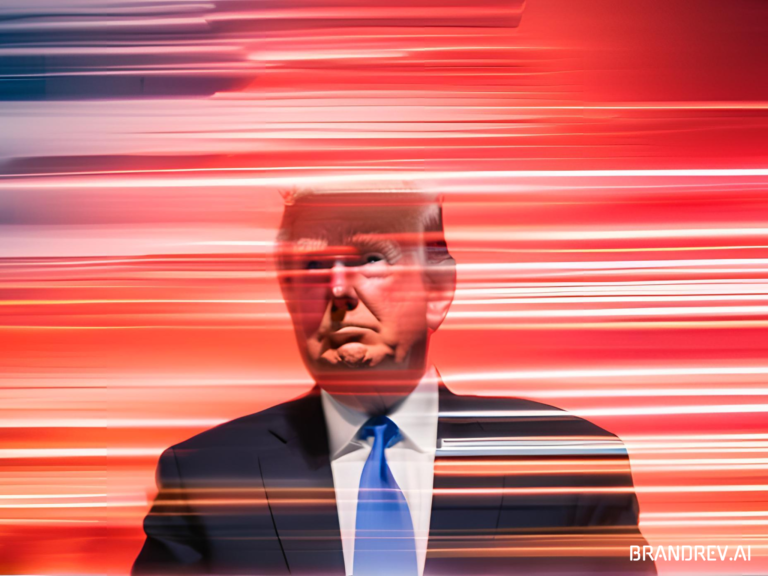How AI Regulations in Asia Impact Businesses
Artificial intelligence has posed questions on security and safety alongside its use. Specifically in Asia, the region’s fragmented approach to AI regulation presents specific challenges for businesses. Unlike the European Union’s unified AI Act, Asian countries are developing their AI policies independently, creating a complex regulatory landscape.
AI Regulations in Key Asian Markets
China
China has taken significant steps towards AI regulation. Although a comprehensive AI law is not yet in place, the country has issued various administrative guidelines since 2022. These include recommendations on algorithms, deepfakes, and the need for AI to align with socialist values. A general AI law is expected to be drafted this year.

Japan
Japan has primarily allowed companies to self-regulate AI based on government guidelines. However, the country is now considering more structured regulations, especially for large AI developers, to address risks such as misinformation. Discussions are ongoing to create a legal framework inspired by approaches in the US and Europe.
South Korea
South Korea is reviewing the Act on Promotion of AI Industry and Framework for Establishing Trustworthy AI. This legislation focuses on promoting technology adoption first, with regulation to follow. The country aims to balance AI sector growth with risk management.
Singapore
Singapore prefers issuing guidelines over comprehensive regulations. The government believes that lighter regulation will attract AI investment while still providing some oversight.
The Business Impact of AI Regulations in Asia
The lack of harmonized AI regulations across Asia creates uncertainty for businesses looking to deploy AI solutions regionally. Companies must navigate different rules and guidelines in each country, complicating compliance and increasing operational costs. This fragmented approach can slow down AI adoption and innovation, potentially putting businesses at a competitive disadvantage compared to regions with more unified regulations.
To effectively operate in Asia, businesses must develop a deep understanding of each country’s AI regulations. This may involve investing in legal expertise and compliance tools to ensure adherence to local laws. Companies should also engage with policymakers to advocate for more harmonized regulations, which could simplify compliance and foster a more conducive environment for AI innovation.
Asia’s diverse AI regulatory landscape presents both challenges and opportunities for businesses. By staying informed and proactively managing compliance, companies can navigate this complexity and leverage AI to drive growth and innovation. Engaging with regulators and industry stakeholders will be crucial in shaping a more cohesive regulatory environment that supports AI development.
Learn more about AI Compliance and other news with ‘The AI Insider’.
If you’re looking for tailored AI solutions, visit brandrev.ai/contact-us or schedule a consultation. Let’s get your business up to speed.
Ready to Explore AI Solutions for Your Business?
Stay ahead and discover how you can scale your business further.







